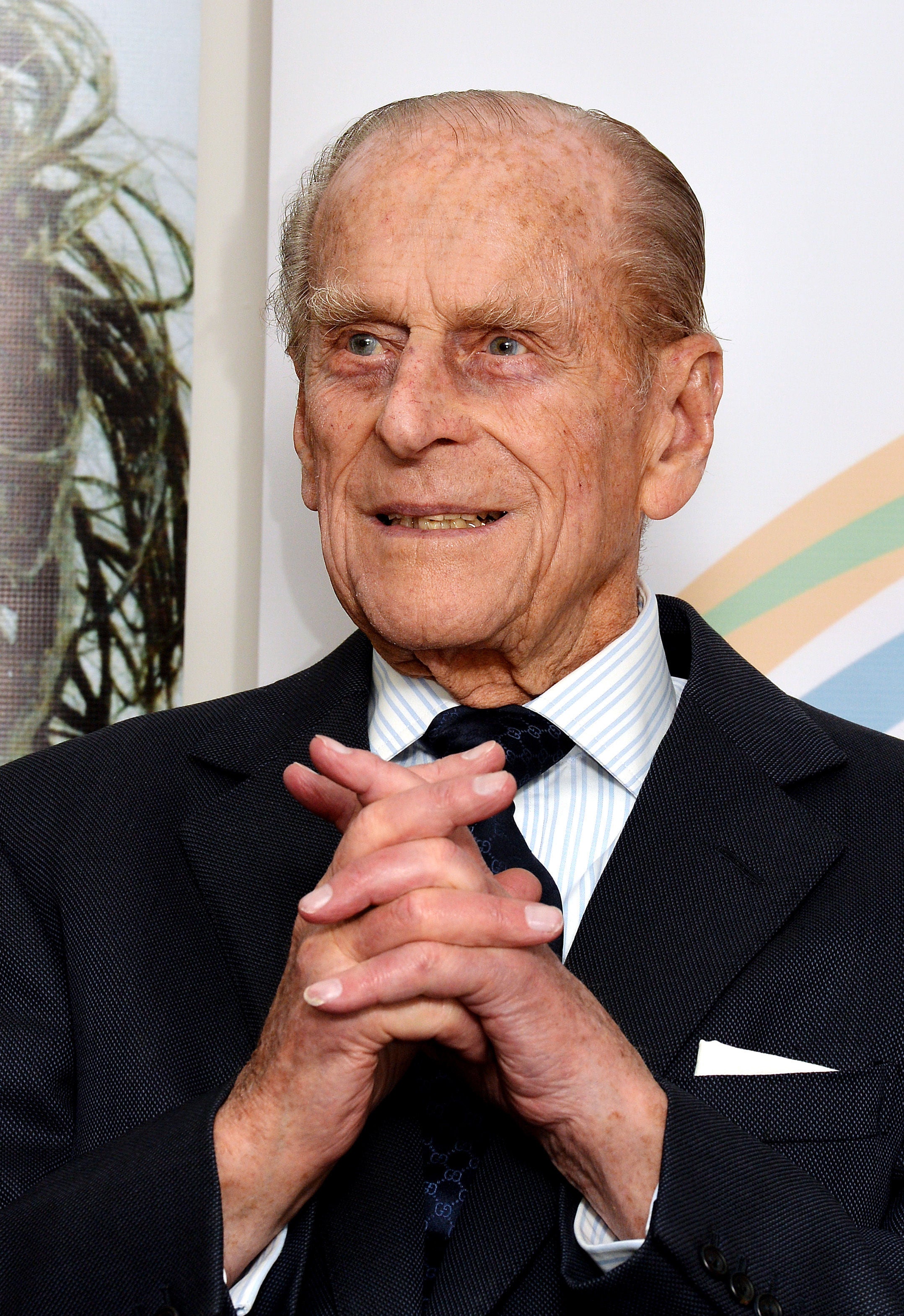Guardian challenges exclusion of media from Duke of Edinburgh’s will hearing
The newspaper argues a decision to hear an application to seal Philip’s will in private was ‘disproportionate and unjustified’.

The Guardian newspaper is bringing a legal challenge against a decision to exclude the press from a hearing over whether the Duke of Edinburgh’s will should remain secret.
Philip the nation’s longest-serving consort, died aged 99 on April 9 last year, two months before he would have turned 100.
After the death of a senior member of the royal family, it has been convention for over a century that an application to seal their will is made to the President of the Family Division of the High Court
This means the wills of senior members of the royal family are not open to public inspection in the way a will would ordinarily be.
The current president, Sir Andrew McFarlane, heard legal argument from lawyers representing Philip’s estate and the Attorney General – who represents the public interest in such matters – at a private hearing in July.
The Guardian is now challenging the decision to hold that hearing in private, arguing that it was “disproportionate and unjustified”.
Court hearings are usually held in public, in line with the principle of “open justice”, unless there are “exceptional” reasons to exclude members of the press and public.
In grounds of appeal filed with the Court of Appeal, lawyers for the newspaper argue the High Court judge “erred in law” in denying the media an opportunity to make representations as to whether the hearing of the application to seal up the will should go ahead in private, with no representatives of the press allowed to attend.
The Court of Appeal has granted The Guardian permission to appeal, but there is no indication yet of when the case will be heard.
There is no challenge against the decision to seal the will.
In the grounds, the newspaper’s lawyers say: “The High Court erred in failing to consider any lesser interference with open justice than a private hearing from which accredited members of the press should be excluded.
“As a result, the decision to hear the application to seal up the will in private was disproportionate and unjustified.”
These are fundamental matters of public interest concerning royal family members and the Sovereign in a constitutional monarchy
They said there was a “strong public interest in transparency” in the application to seal up the will, as the Court of Appeal criticised the process for sealing up wills as not being transparent enough in 2008, when it considered a challenge in relation to the Queen Elizabeth the Queen Mother’s will.
They also said it was wrong of the executor of Philip’s estate to argue that the media’s interest in the hearing was “prurient curiosity”, adding: “These are fundamental matters of public interest concerning royal family members and the Sovereign in a constitutional monarchy.”
In a ruling in October last year, Sir Andrew ordered that Philip’s will is to remain sealed for 90 years from the grant of probate – the formal process which confirms the authority of an executor to administer a deceased person’s estate – and may only be opened in private even after that date.
The judge said at the time: “I have held that, because of the constitutional position of the Sovereign, it is appropriate to have a special practice in relation to royal wills.
“There is a need to enhance the protection afforded to truly private aspects of the lives of this limited group of individuals in order to maintain the dignity of the Sovereign and close members of her family.”
He said the ruling was published to make as much detail as possible public without “compromising the conventional privacy afforded to communications from the Sovereign”.
The judge said it was in the public interest for him to make clear he had neither seen, nor been told anything of the contents of, Philip’s will, other than the date of its execution and the identity of the appointed executor.
Sir Andrew said he had decided to hold the earlier hearing in private because a series of announcements, hearings and then a judgment would have been likely to “generate very significant publicity and conjecture”.
He concluded this would be “entirely contrary to the need to preserve the dignity of the Sovereign and protect the privacy surrounding genuinely private matters”.
He added: “The publicity would, therefore, in part, defeat the core purpose of the application.”
The judge said: “I accepted the submission that, whilst there may be public curiosity as to the private arrangements that a member of the royal family may choose to make in their will, there is no true public interest in the public knowing this wholly private information.
“The media interest in this respect is commercial. The degree of publicity that publication would be likely to attract would be very extensive and wholly contrary to the aim of maintaining the dignity of the Sovereign.”
He decided the Attorney General was able to represent the public interest at the hearing, and there was therefore no legal reason for any further representations by media organisations.
Sir Andrew said that, as President of the Family Division of the High Court, he is custodian of a safe which holds 30 envelopes – each containing the sealed will of a deceased member of the royal family.
Sir Andrew said any future judgments on applications to seal royal wills would remain closed, and therefore will not be made public.
The judge said he wishes to publish an annex to his judgment detailing the names on the 30 envelopes in the safe, but will not do so at present in case his decision to do so is the subject of a legal challenge.
